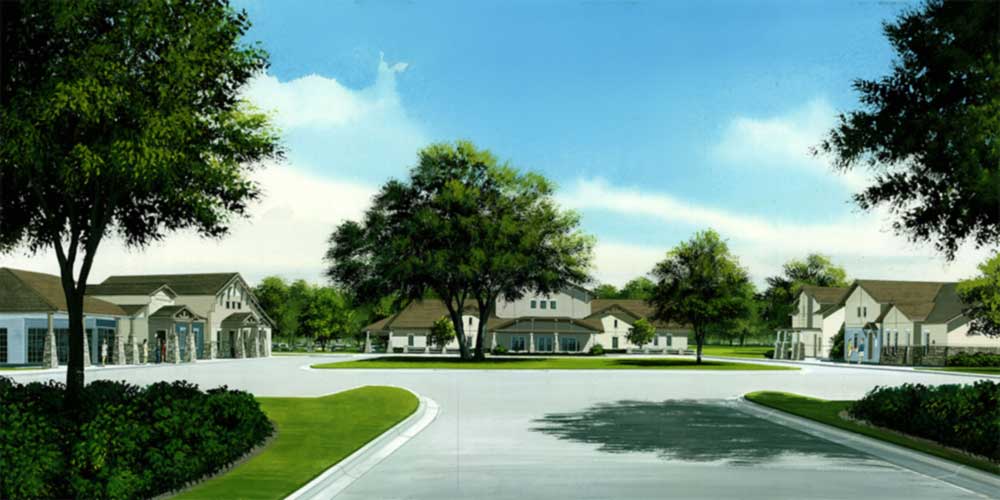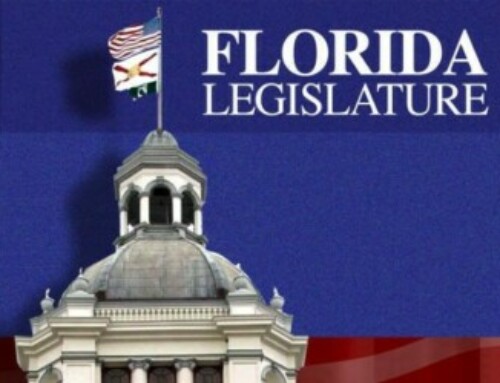Understanding Your Neighborhood Community Association
When you purchase a home in an urban or suburban community, more often than not you will become a member of the neighborhood community association. The association is governed by a Board of Directors, typically made up of homeowners within the community, whose duties and responsibilities are explained in the association’s governing documents. The association, through its Board, is responsible for architectural control, enforcement of the governing documents and maintenance of amenities and common areas within the community. In many cases the association is also responsible for providing services to the homes and lots, such as lawn mowing and painting. The Board typically contracts with outside suppliers to provide these services and any necessary materials, as well as management services, insurance, and other items which are necessary in order to ensure that your community is maintained as a high quality neighborhood. In some cases, the association will hire employees if a higher level of attention and service is desired and if it is cost effective to do so.
As a homeowners’ association member, you will be responsible for payment of an annual assessment. This assessment provides the association with funds to pay the expenses for which it is responsible. Each year the Board of Directors prepares a budget by obtaining bids for the goods and services required for the coming year. This budget is then divided based on a predetermined formula, often the number of homes within the community, to arrive at the annual assessment for which each homeowner is responsible. Every year you will be billed by the association’s management company for your share of the budgeted costs. The annual assessment may be billed annually, quarterly, monthly or on some other basis, as set forth in the governing documents.
The homeowners’ association and the community should be operated in accordance with its governing documents and the applicable state law. The governing documents usually consist of the association’s Articles of Incorporation and Bylaws, and the Declaration of Covenants and Restrictions. There may also be community rules and regulations, architectural guidelines, and other policies that have been adopted by the association. In Florida, law regarding community associations can be found in Chapters 617, 718, 719 and 720 of the Florida Statutes. In addition, there are rules which have been established by the Division of Florida Condominiums, Timeshares and Mobile Homes, that can be found in Section 61B of the Florida Administrative Code. Because community associations are so highly regulated, it is prudent for an association to contract with a professional management company as well as an attorney whose practice focuses on community associations. Our company, Terra Management Services, Inc., provides high quality and individualized services to our client associations. In addition, our affiliate, Terra Law Firm, P.A. provides legal services in the areas that most often concern community associations and community developers.
While there may be many laws and regulations that affect your community association, when it really comes down to it, the success of your association is dependent upon the people who volunteer their time to operate it.
The Board of Directors and Committee members do their best to represent the interests of the association members. Although the Board of Directors tries to keep everyone satisfied, this is sometimes an impossible task since different homeowners have different expectations of the association. Homeowners are often encouraged to play as large a role as they would like in assisting the Board in running community. A Homeowner can participate by volunteering to serve on the Board or committees, recommending ways to reduce the budget (such as alternative providers of goods and services), and by attending the Board meetings and annual membership meeting of the association.
If you are in Florida, and would like to see how Terra can assist in the management of your community, please feel free to contact our Tampa office at (813) 374-2363, we would be happy to speak to you.





